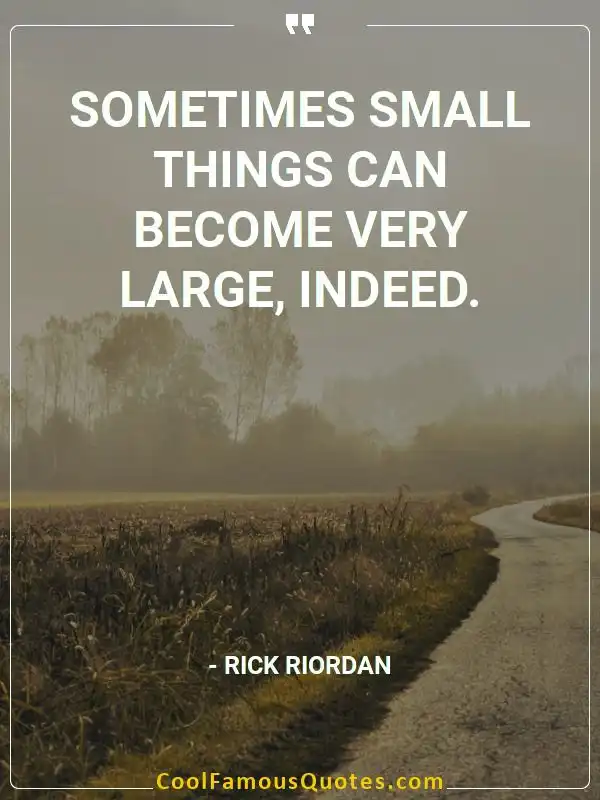“You don't write about the horrors of war. No. You write about a kid's burnt socks lying in the road.”
Decryption of quote
"You don't write about the horrors of war. No. You write about a kid's burnt socks lying in the road."
These words carry a profound message about the power of storytelling and the human experience. Instead of focusing on the grand scale of war and its atrocities, the quote urges us to look at the smaller, more intimate details that reveal the true impact of conflict.
By highlighting the image of a child's burnt socks on the road, the quote reminds us of the innocence and vulnerability that are often the first casualties of war. It prompts us to consider the personal stories and individual lives that are forever altered by the chaos and destruction of armed conflict.
Through this lens, we are encouraged to empathize with the human cost of war, to connect with the emotions and experiences of those who are caught in its crossfire. The burnt socks become a symbol of loss, of the shattered innocence of childhood, and of the harsh realities that are often overlooked in the broader narratives of war.
It is a call to action, a reminder that our words and stories have the power to illuminate the hidden truths of war and to give voice to those who are silenced by its brutality. By focusing on the small, everyday details, we can bring a sense of humanity and empathy to the larger conversation about conflict and its consequences.
Ultimately, the quote challenges us to look beyond the headlines and statistics, to see the individual faces and stories behind the numbers. It urges us to bear witness to the human suffering that is often obscured by the fog of war, and to honor the resilience and courage of those who endure its hardships.
So, let us heed the wisdom of these words and strive to tell the stories that truly matter. Let us remember that it is in the smallest details, in the most ordinary moments, that we find the truest reflections of our shared humanity.
writing






